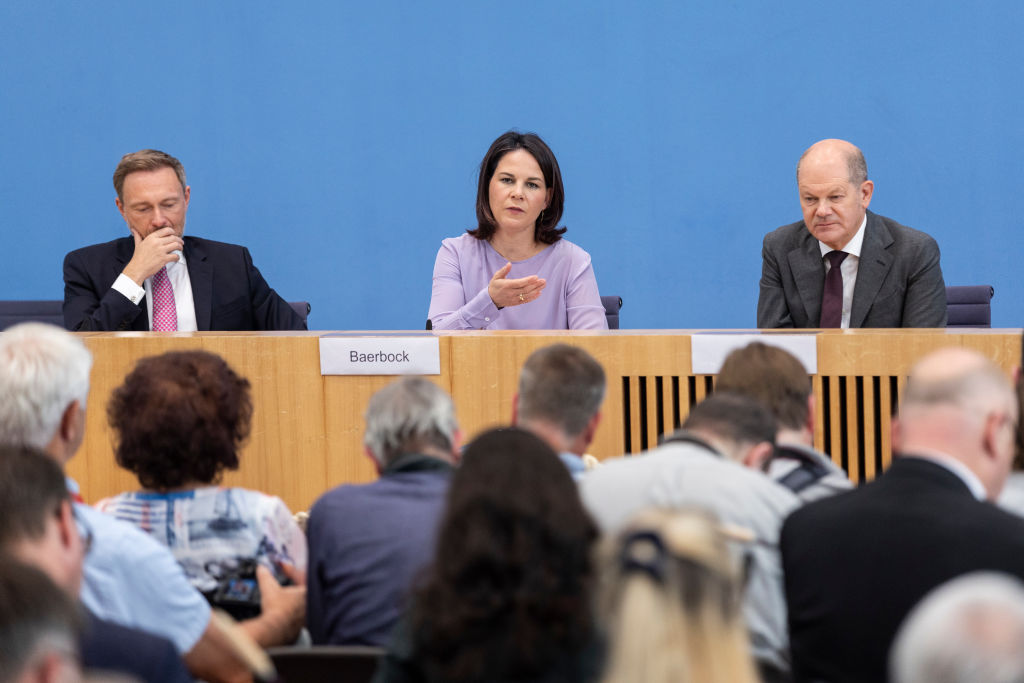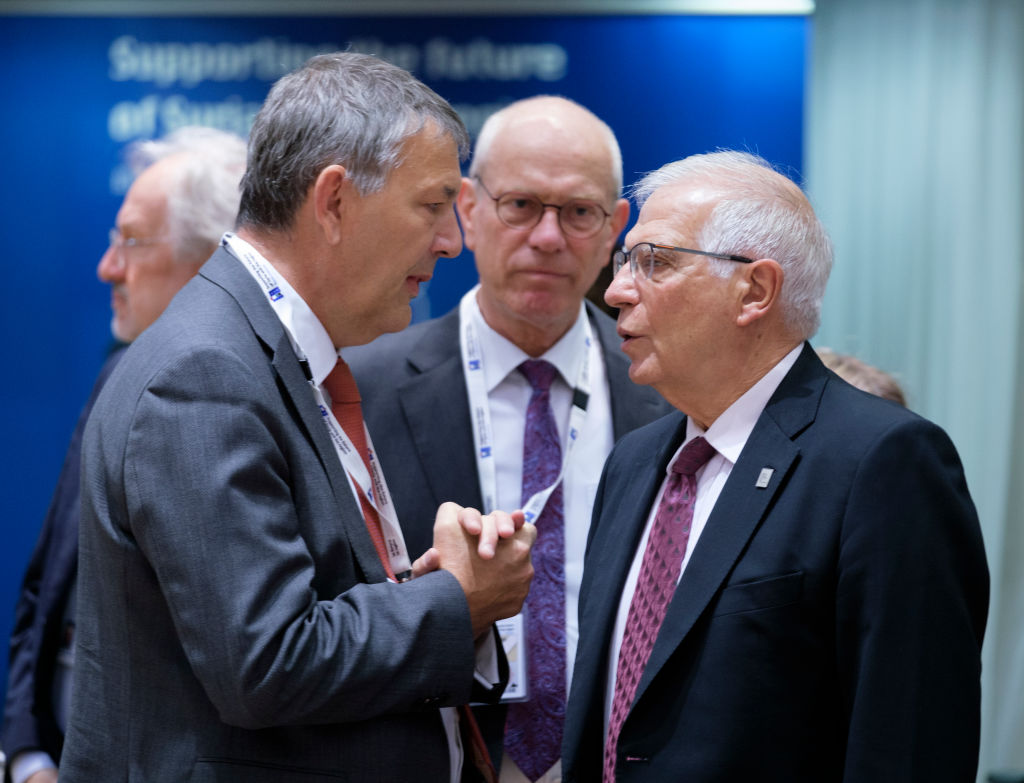The German nationalist Alternative für Deutschland (AfD) opposition party looks set to call for the dissolution of the European Union, according to an internal document.
With one year to go before EU elections, the AfD is setting out its political stall regarding its campaign for votes.
Since a number of nationalist parties in Europe have moved away from appearing Euro-sceptic and, since Germany is generally strongly pro-EU, the AfD move comes as a surprise to many observers.
The AfD’s apparent standpoint was revealed in a party document seen by German news outlet Die Welt. That followed a meeting of the party’s federal-level board involving its co-leaders, Alice Weidel, and Tino Chrupalla. The AfD’s national conference will be held in Magdeburg at the end of July, where its political platform will be finalised.
The EU is “not reformable in the opinion of the AfD”, according to the main motion put forward in the federal board meeting. “Our patience with the EU is exhausted,” it continued, saying that the EU has “developed into an undemocratic construct … governed by a non-transparent, uncontrolled bureaucracy”.
Speaking to Brussels Signal, AfD MEP, Markus Buchheit, confirmed this would be the party line. “The EU costs Germans a fortune, robs us of our national democracy, and is pushing us towards military involvement in foreign wars,” he said.
Referring to incidences such as what he claimed was “the treatment of Hungary and Poland by unelected Brussels bureaucrats”, Buchheit stated a radical overhaul of the EU was needed. He said such treatment of nation states “shows there is a fundamental flaw in the EU, and that we can no longer allow it to continue as it is”.
As a solution, the AfD is now calling for “the orderly dissolution of the EU”. In its place the party envisions a “new European economic community” made up of “a federation of European nations”, rather than a super-national government, which it claims some wish to push towards federalism.
Going further, AfD officials outline a plan as to how such dissolution could be achieved.
“Until the situation is reorganised”, ‘legislative competence’ should be transferred solely to the European Council, they said. In turn, the representatives of the Member States at the Council would have to “be bound by the decisions of [their] national parliaments”, they added.
AfD said the end goal of that process would be to create a “new form of coexistence between the peoples of Europe”. The envisioned European “federation” would involve the abolition of the Euro, with all countries using their national currencies. It would also provide a measure for “decisions on all fundamental EU issues through national referendums”, arguably turning the EU into a continent-sized Switzerland.
Failing such a complete overhaul of the EU political order, the AfD, which has seen a sharp rise in public popularity, advocates that Germany hold a referendum on its membership of the bloc.
After garnering just 10 per cent at the last German general elections, AfD support has jumped in national opinion polls in the past few months, rising to 20 per cent. The party has outstripped the Greens and is now neck-and-neck with the governing centre-Left Social Democratic Party.





